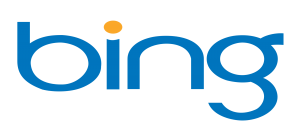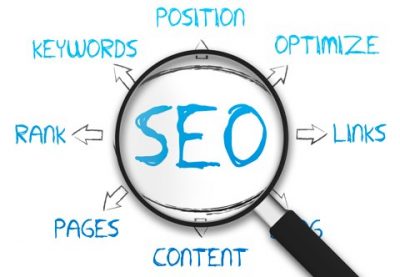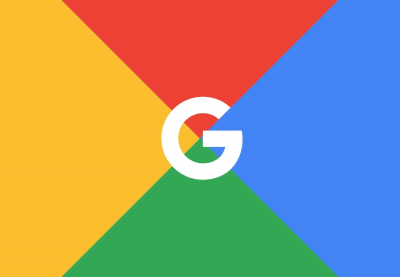
Why we need to start including Bing in SEO strategies again
When we think of optimising for search engines, we tend to focus on Google. This makes sense – after all, the search giant boasts 93.35% of the market share. But overlooking Bing in 2025 is a mistake. In this guide, we’ll outline why you should include Bing in your SEO strategy.
Why Bing matters in 2025
Google may be the big gun, but Bing still powers over 1.1 billion monthly searches globally – and climbing. Windows 11 defaults, Edge browsers and the AI-powered Bing chat experience are all helping to boost this number. Internationally, Bing captures some 12% of desktop searches – a significant share for those who are targeting high-quality visits. Industry studies show that traffic from Bing tends to have a higher click-through rate (CTR). What’s more, the audience is slightly older and more affluent than Google users, making them more likely to convert. Businesses optimising their website SEO for Bing should target users who:
- Are aged between 35–54
- Have a household income above £55,000

Why are people using Bing instead of Google?
There are several reasons why individuals and B2B buyers are using Bing over Google:
- Less ad heavy – Google has faced criticism in recent years for the volume of adverts it serves to users. Bing has a cleaner search results page and a higher ratio of organic results, offering more choice.
- Built in user base – Anyone with Windows 10 and 11 will have Edge as their default browser, which in turn has Bing as its default search engine. Unless users change their settings, they’ll be using Bing for their searches.
- Voice search and AI assistants use Bing – Did you know that Amazon Alexa, Microsoft Cortana and ChatGPT all pull data for their search mode from Bing? 25% of people are predicted to transition from traditional search to AI assistants by 2026, making Bing integral to the future of search.

Optimising for Bing
The good news for web marketing specialists is that optimising for Bing doesn’t require a significant change of strategy. In fact, the things you’ve likely been doing for years still help with rankings there. Bing remains desktop-first in contrast to Google’s mobile-first approach, meaning that if your desktop site looks better than your mobile version, it’s probably doing just fine on Bing. In addition, while Google has been prioritising semantic search and introducing AI overviews to its results, Bing still focuses on exact match keywords in title tags, H1s and meta descriptions.
If you spent time and effort building quality backlinks back in the day, these endeavours won’t have gone to waste thanks to Bing. While backlinks are still relevant for Google optimisation, Bing leans more on domain age and established backlinks for its search results. That means if the inbound links have been established for several years, Bing is likely to attribute more trust to them.
Get help with Bing optimisation
If you’re looking for a reliable web marketing company to help with your Bing optimisation, let the team at Digital Carrera help out. We deliver SEO, social media and content strategies, alongside high quality optimisation to get your business ahead. Contact us today for a free consultation.
 Pinterest
Pinterest Twitter
Twitter Facebook
Facebook

